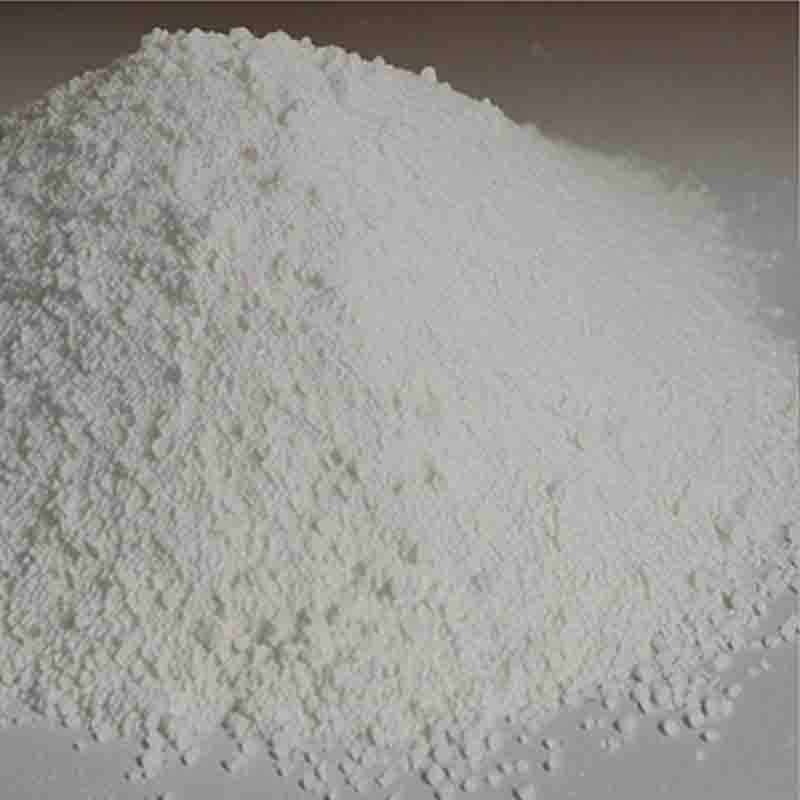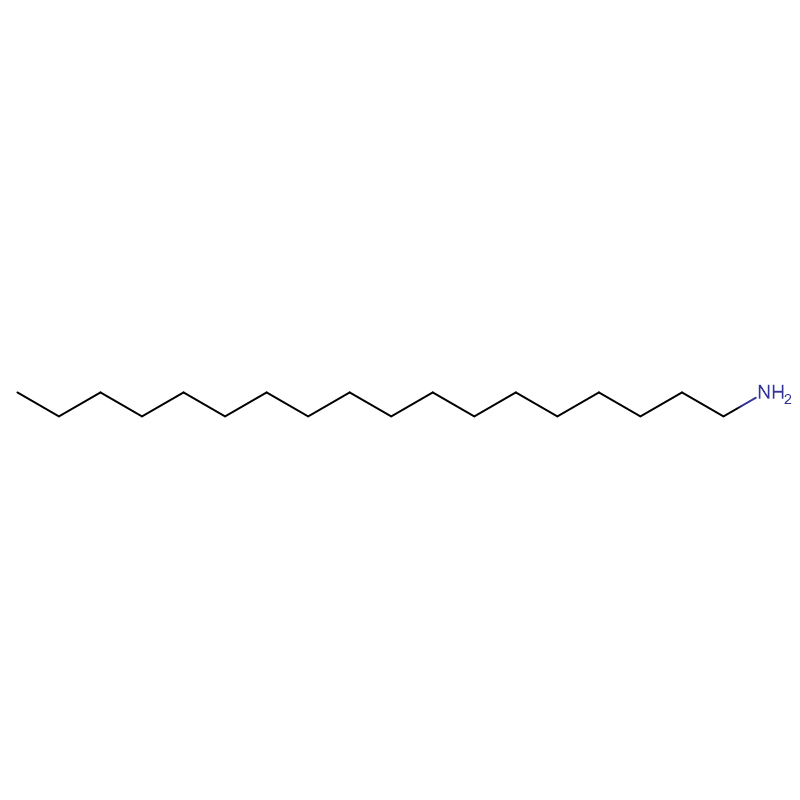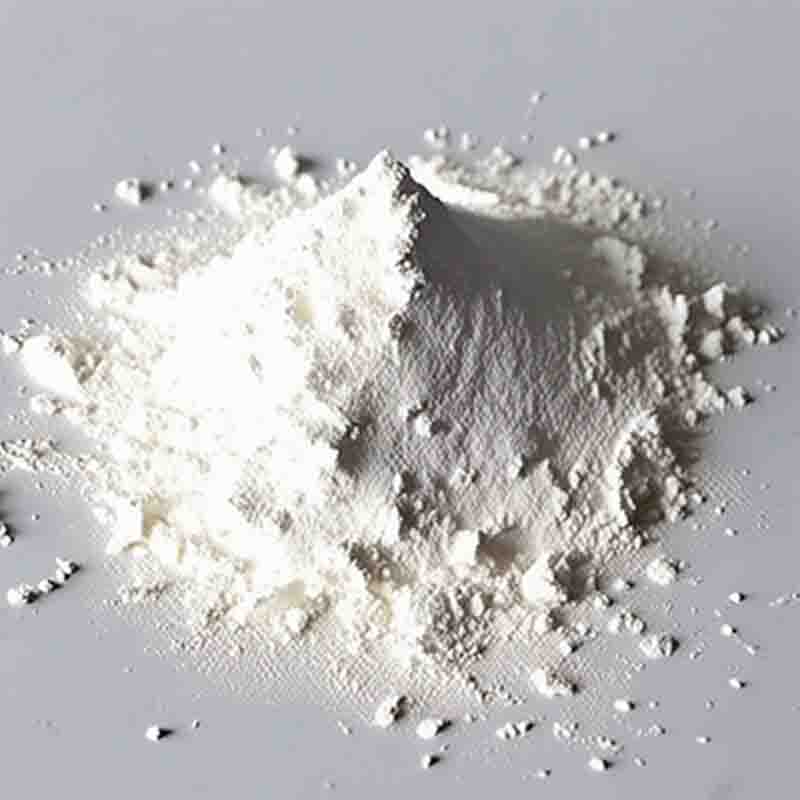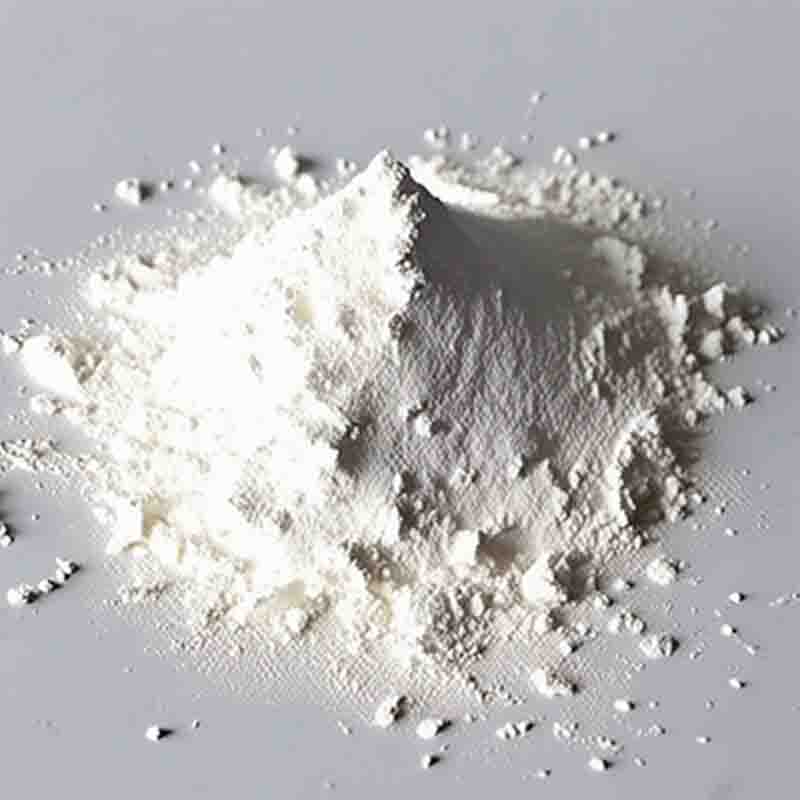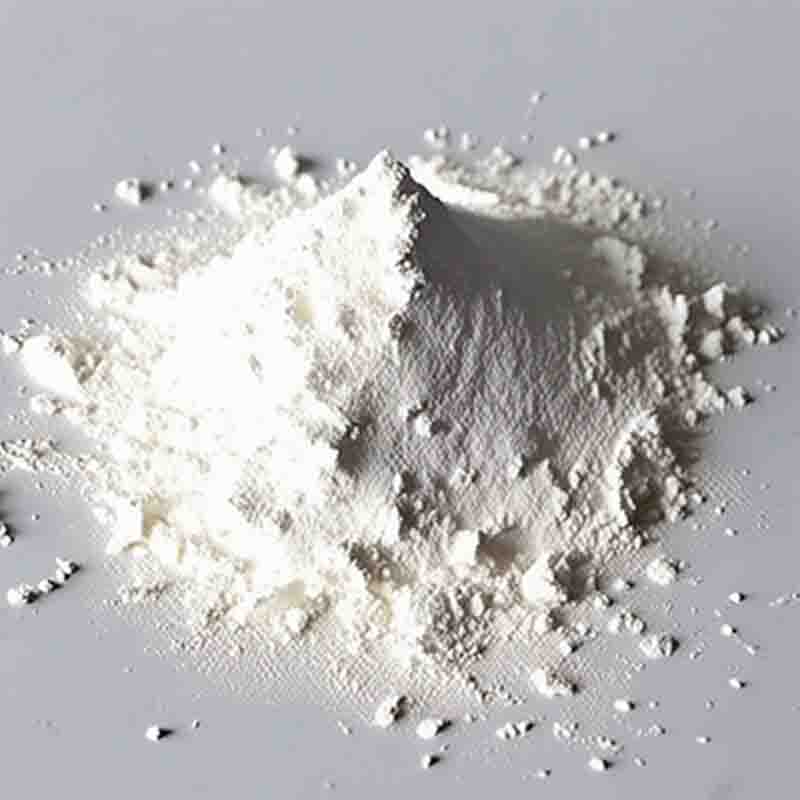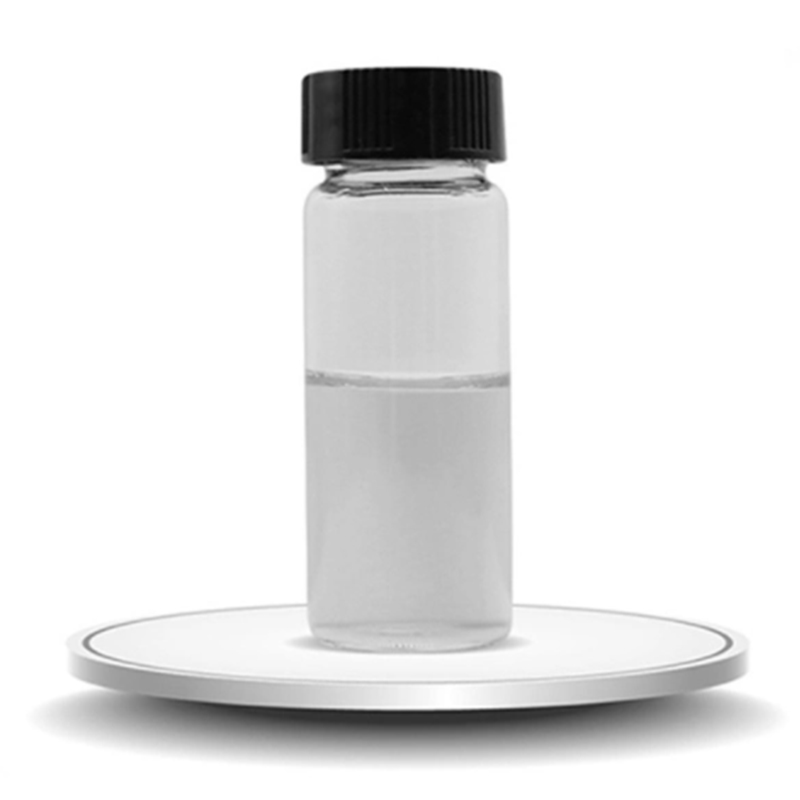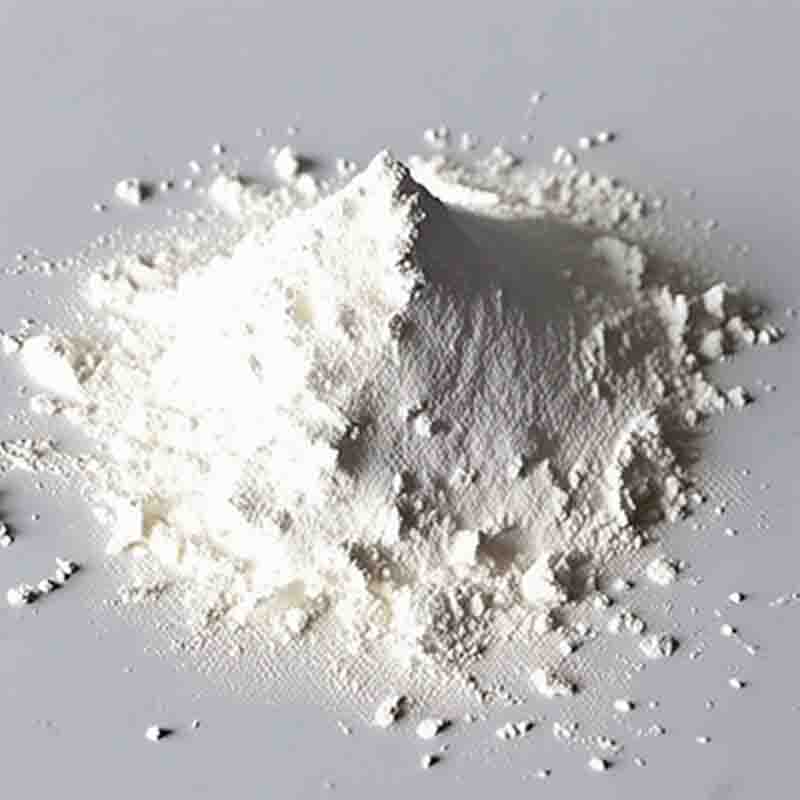Glycineethylesterhydrochloride CAS:623-33-6
| Catalog Number | XD95519 |
| Product Name | Glycineethylesterhydrochloride |
| CAS | 623-33-6 |
| Molecular Formula | C4H9NO2.ClH |
| Molecular Weight | 139.58 |
| Storage Details | Ambient |
Product Specification
| Appearance | White powder |
| Assay | 99% min |
Glycine ethyl ester hydrochloride is a chemical compound that is derived from glycine, an amino acid. The addition of an ethyl ester group and a hydrochloride moiety to glycine alters its properties and potential effects.The main effect of glycine ethyl ester hydrochloride is its role as a prodrug for glycine. A prodrug is a biologically inactive compound that is converted into an active drug once it is metabolized in the body. In the case of glycine ethyl ester hydrochloride, it is hydrolyzed by esterases to release glycine.Glycine is an important neurotransmitter in the central nervous system, playing a role in various physiological processes. It acts as an inhibitory neurotransmitter, helping to regulate brain activity and reduce excitability. Glycine also plays a role in the synthesis of other compounds, such as glutathione, which is involved in antioxidant defense.Glycine has been studied for its potential therapeutic effects in various conditions. It has been found to have neuroprotective properties, potentially beneficial for conditions such as stroke and neurodegenerative diseases. Glycine has also shown promise in improving sleep quality, reducing symptoms of schizophrenia, and supporting liver function.As a prodrug, glycine ethyl ester hydrochloride may offer advantages over direct administration of glycine. It can enhance glycine uptake and distribution, potentially increasing its effectiveness. This prodrug form can also provide improved stability and bioavailability compared to glycine.It is worth noting that the effects of glycine ethyl ester hydrochloride may also depend on factors such as dosage, administration routes, and individual variations. Like any medication or compound, it is essential to use it under proper medical supervision and guidance. Adherence to prescribed dosages and instructions is crucial for safety and optimal therapeutic outcomes.In conclusion, glycine ethyl ester hydrochloride acts as a prodrug for glycine, a neurotransmitter and important amino acid in the body. Glycine has been studied for its potential therapeutic effects in various conditions, and the prodrug form may offer advantages such as enhanced bioavailability and stability. Further research and clinical studies are needed to fully understand and explore the effects and potential applications of glycine ethyl ester hydrochloride in different medical contexts.


